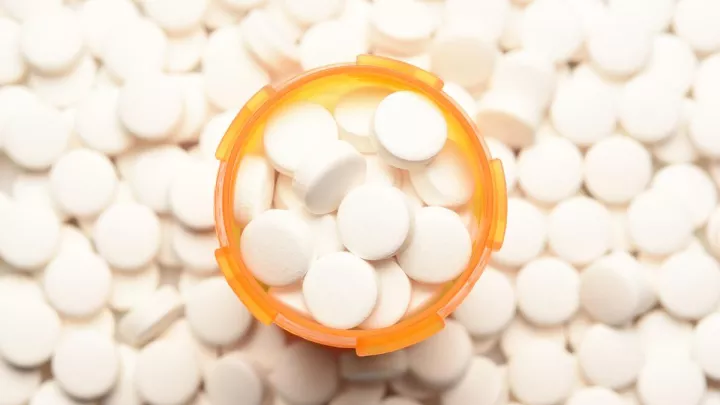How to get help for opioid use: Opioid treatment options

Usually prescribed for pain relief, opioids are a class of medications originally derived from the opium poppy plant. Prescription opioids are generally safe when taken as prescribed by a doctor, but they can lead to misuse and even addiction due to the euphoria felt by some patients.
Common opioids include:
- Morphine
- Codeine
- Oxycodone
- Hydrocodone
- Tramadol
- Fentanyl
Getting help for opioid use can happen in many ways.
You can talk to your primary care physician about it who can then either start treatment or guide you to the appropriate care.
The first line of treatment for a person with opioid use disorder is medication management. So, talking with an addiction medicine physician, physician assistant, or nurse practitioner is also another good place to start.
Finally, there are many good therapists well versed in the treatment of opioid use disorder, and many people start by talking about their concerns with a therapist.
Opioid treatment near me
Depending on where you live, there may be a lot, or not very many providers available to prescribe these treatments. Nebraska Medicine has five outpatient physicians, two inpatient physicians, and two physician assistants who can provide assessment and treatment for opioid use disorder.
For patients who require more than a doctor's visit to care for their concerns, we also have an Intensive Outpatient Program for patients with substance use disorders and psychiatric disorders, such as depression and anxiety. This program provides group treatment four days each week, for three hours each day for six weeks. Your primary care provider or therapist may recommend this treatment, or you can refer yourself by calling 402.557.6007.
Opioid addiction treatment options
Medication management is the mainstay of treatment for opioid use disorder. Three medications can effectively treat opioid use disorder: naltrexone, buprenorphine-naloxone and methadone.
These medications are often prescribed with therapy, which can help someone successfully recover from opioid use disorder.
Naltrexone
Naltrexone is given as a monthly injection and can be prescribed by any physician.
Buprenorphine-naloxone (trade name: Suboxone)
Buprenorphine-naloxone works by partially stimulating the same receptors opioids do. This medication allows relief of withdrawal symptoms and cravings that so often lead to relapse for a patient who is desperately trying to stop using opioids. Because it only partially stimulates the receptors, it is a much safer medication.
Buprenorphine-naloxone can only be prescribed by providers who have a special license to use this medication to treat opioid use disorder, like Nebraska Medicine addiction medicine specialists.
Methadone
Methadone is a once-daily medication given to patients with severe opioid use disorder. Methadone can only be dispensed in an opioid treatment program, commonly known as a “methadone clinic.” It cannot be prescribed for opioid use disorder by a physician who works in a hospital or clinic on a long-term basis.
A substance use disorder can be treated, just like any other illness. Call 402.552.6007 to make an appointment with Nebraska Medicine Addiction Services.
Stigma plays a huge role in the treatment of opioid use disorder. Medication management is often thought of as substituting one drug for another, or that a patient is not truly in recovery unless they are off these medications. This stigma keeps patients from reaching out for help. Solid scientific research shows that when medications are used as part of a holistic treatment plan for a patient, they have a much greater chance of maintaining recovery and staying alive.
We must always remember that behavioral health is essential to overall health, prevention is effective, treatment works, and people can and do recover. Believe in the possibilities!







